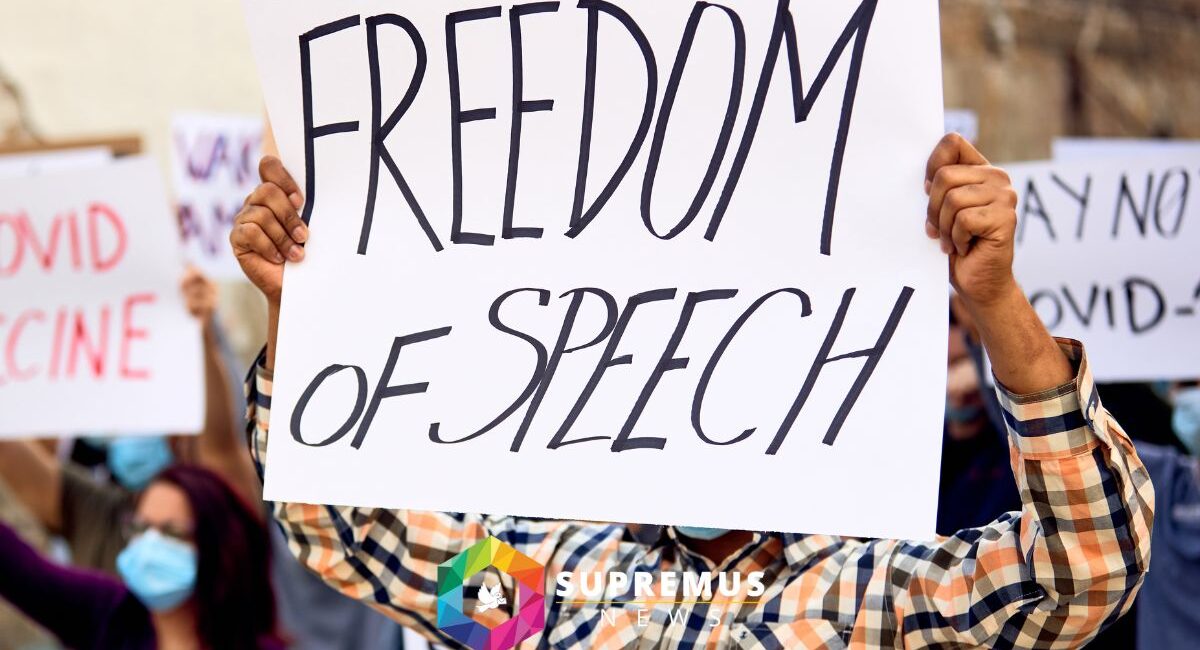Dear Residents,
In a democracy like India, your voice matters. Whether it’s raising concerns about your community, questioning unfair practices, or sharing your ideas, the right to freedom of speech and expression empowers you to speak up. But many hesitate, fearing legal trouble or consequences.
Here’s the good news: You have the right to speak out, question, and express yourself – as long as you do it responsibly and within the framework of the law. Let’s break it down so you can confidently raise your voice while understanding your rights under the Constitution and the new Bharatiya Nyaya Sanhita (BNS), 2023.
What is Your Right to Freedom of Speech?
Under Article 19(1)(a) of the Constitution of India:
- Every citizen has the right to freedom of speech and expression.
- This includes:
- Speaking up at meetings, forums, or in your society.
- Sharing thoughts through blogs, social media, or newsletters.
- Raising questions and offering constructive criticism to improve your community.
Speaking up doesn’t mean you are creating trouble; it shows you care about your community and want to make it better.
What Can You Speak About?
You can voice your opinion on issues like:
- Unfair maintenance charges or poor society management.
- Safety and security concerns in your community.
- Environmental issues, local infrastructure, or services that need improvement.
- Government policies or decisions that impact your daily life.
Example:
If your housing society increases maintenance charges without proper discussion, you can raise your concern in a meeting or through official forums like Telegram groups or email or letters.
Speak Boldly, But Within the Law
The right to freedom of speech is powerful, but it comes with reasonable restrictions under Article 19(2). This means your speech must:
- Not harm the unity and security of India.
- Not disturb public peace or create hatred.
- Be free from personal attacks or defamation.
- Respect the rights and privacy of others.
The new Bharatiya Nyaya Sanhita (BNS), 2023, ensures that while you can speak up boldly, laws are in place to curb misuse like spreading fake news, inciting hatred, or promoting violence.
Key Rules to Follow:
- Be Truthful: Share facts and valid concerns, not rumors or fake claims.
- Be Constructive: Offer solutions instead of just criticizing.
- Be Respectful: Avoid insults, obscenity, or personal attacks.
Remember: Criticizing or questioning someone is not illegal if done politely, constructively, and truthfully.
Your Voice Matters: Why You Should Speak Out
When you speak up:
- You bring awareness to issues that others may hesitate to discuss.
- You encourage positive change in your society, community, or workplace.
- You empower others to raise their voices, building a stronger, united community.
Example:
If residents collectively voice concerns about security lapses in the apartment community, the management will be compelled to address the issue promptly.
How to Raise Your Voice Confidently and Legally
- Know Your Facts: Verify information before sharing it publicly.
- Speak at the Right Platforms: Use society meetings, newsletters, blogs, or social media to share your views.
- Be Polite and Focus on Solutions: Highlight the issue, suggest improvements, and avoid personal blame.
- Use Legal Avenues When Needed: If your concerns are ignored, laws exist to protect your rights as a resident.
Freedom of Speech in the Digital World
Digital platforms like blogs, Telegram, WhatsApp and other social media are powerful tools for expression. While they allow you to reach a wider audience, remember:
- Avoid sharing fake news or unverified claims.
- Do not post anything that spreads hatred or defames someone.
- Use these platforms to unite residents and bring positive change.
Example:
If roads in your area are damaged, you can share pictures on social media, tag local authorities, and politely demand repairs. This approach has worked for many communities across India.
Speak Up, Make a Difference
Your voice can bring change. Don’t be afraid to raise concerns about issues affecting you, your family, or your community. The law protects your right to speak as long as you are truthful, respectful, and constructive.
As Supremus News, we encourage you to be vocal and take action for a better tomorrow. Speak up, because your voice matters!
Also, read Understanding Freedom of Speech in India: What Residents Need to Know





